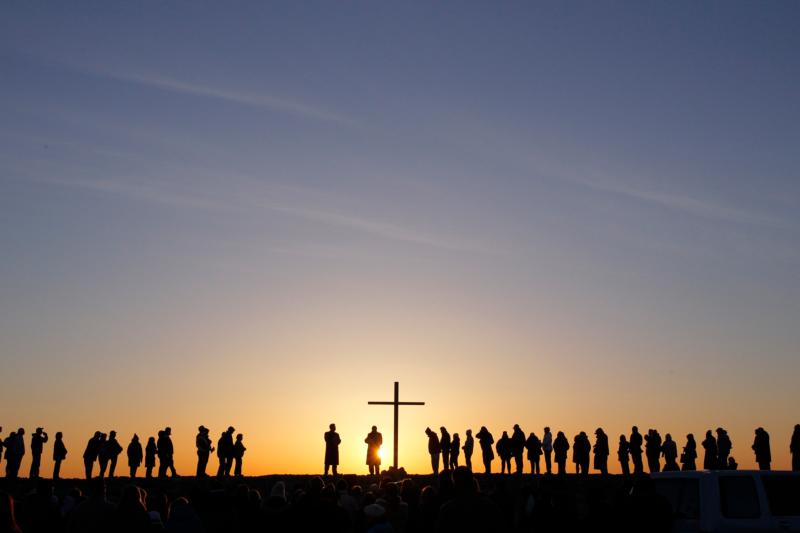“Social capital differs from other forms of human capital insofar as it is usually created and transmitted through cultural mechanisms like religion, tradition, or historical habit.” – Francis Fukuyama.
While virtues and values regulate the behaviors of the individual, norms regulate the behaviors of the group and combine to form a group’s culture. Social norms are the shared standards that organize group interactions, increase predictability, and enhance solidarity. Since we know from the above that faith does lead to solidarity, we can reason that the practice of faith in a group does lead to shared standards and group culture, or norms, as well.
Social scientists recognize that religion exists as an organized and integrated set of beliefs, behaviors, and norms centered on basic social needs and values. No one can rationally argue that faith does not support the development of group norms.
According to Patrick Fagan, “The practice of religion is good for individuals, families, states, and the nation. It improves health, learning, economic well-being, self-control, self-esteem, and empathy. It reduces the incidence of social pathologies, such as out-of-wedlock births, crime, delinquency, drug and alcohol addiction, health problems, anxieties, and prejudices.” Further, those who attend church weekly or more frequently exhibit the following profiles:
- They are more optimistic about their futures
- They have better relationships with their parents
- They are more likely to dismiss racism as an obstacle to reaching their goals
- They are more likely to have serious and realistic goals for their futures
- They are more likely to see the world as a friendly place in which they can achieve rather than as a hostile world with powerful forces arrayed against them
- They are more likely to see themselves as in control of their own futures (whereas those who do not attend church are more likely to see themselves as victims of oppression)
In a paper on the relationships between geography, religion, family, and social norms, it was put forward that both family and religion have functioned as mediator variables re-enforcing the impact of geography on social norms: “Given that family structures and religious beliefs are largely time-invariant and that it can be shown that they have also been affected by geography, they are likely to serve as important stabilizers of traditional social norms”. Seen below, a slightly modified Figure 1 from the study clearly illustrates the way in which religion can impact social norms.

Yes, faith does lead to social norms.
Thanks for reading!
